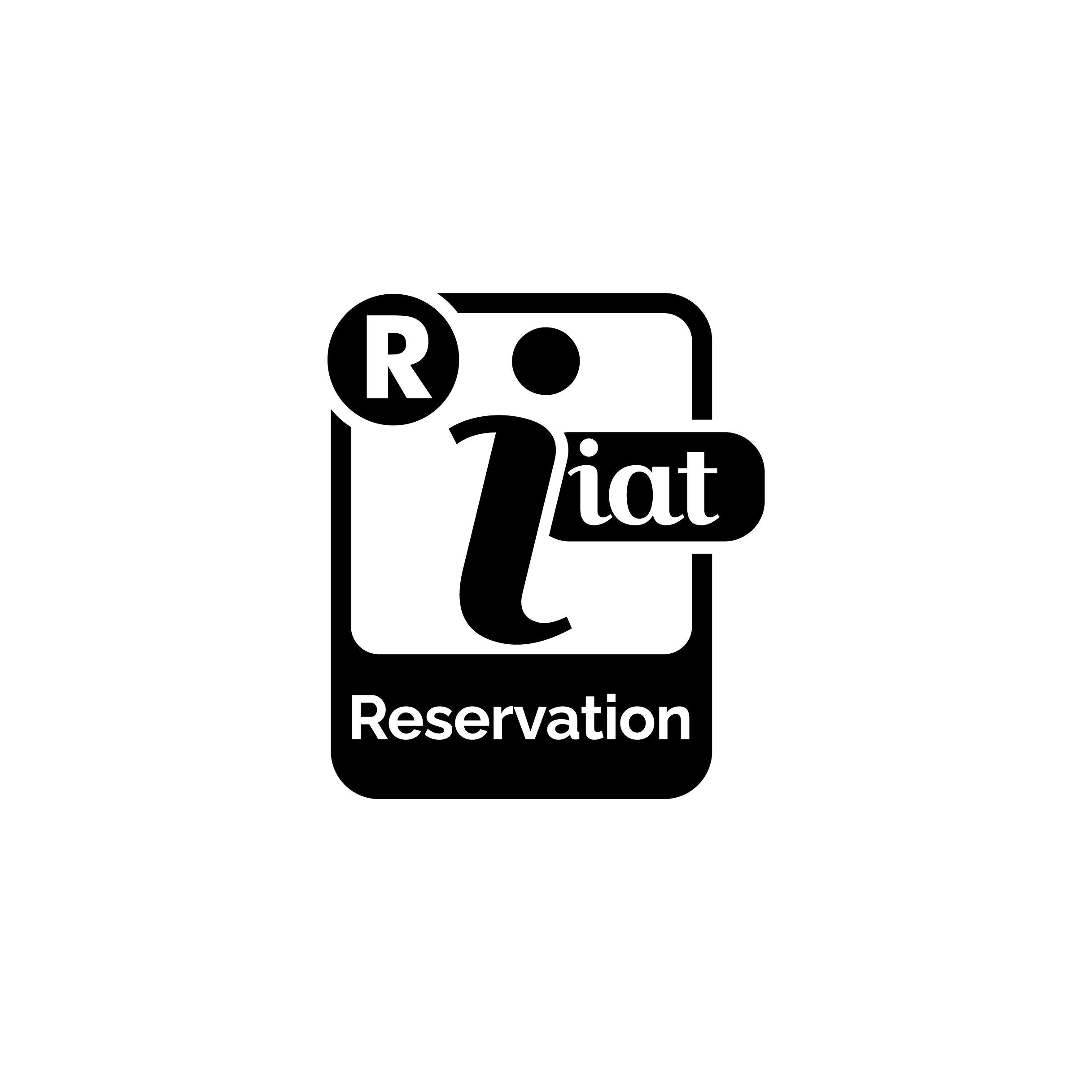Squares, loggias and historical routes
Reggio Emilia
Piazza del Monte
Now piazza Cesare Battisti. A small oval square around where the "Capitano del Popolo" Palace and the " Monte di Pietà” Palace are both situated.
Piazza Fontanesi
One of the most characteristic square of the historical centre of Reggio Emilia. It's crowded with people in the evening thanks to the many small locals and pub and every Saturday morning for the weekly farmer market.
The Synagogue and the Jewish Ghetto
The settlement of the Jewish ghetto dates back to the second half of the XVII century.
Broletto
Originally cemetery of the Cathedral, today it's a characteristic place of the historical centre
Piazza San Prospero
The square in front of San Prospero Church is usually called Little Square (Piasa Céca in the local dialect).
Piazza Antonio Casotti
The square is situated around Palazzo Casotti (built in 1481, formerly place of the Town Hall and the Tricolour Museum) and the Bordello tower (civic tower built in 1489).
Piazza della Vittoria
The square, recently refurbished and provided with a private underground parking, is bordered by Parco del Popolo (public gardens), the facade of the Ariosto Theatre, Isolato San Rocco and, on the east side, by Piazza Martiri del 7 Luglio
Piazza Martiri del 7 Luglio
It is one of the most characteristic places of the town where, in 1960, five workers of Reggio Emilia were killed during a demonstration. The square takes its name from their sacrifice.
Boretto
Piazza San Marco and Civic Tower
In the square are the two buildings that represent the town’s civil and religious power centres, i.e. the Basilica of the same name and the Town Hall.
Brescello
Piazza Matteotti
In the centre of the town of Brescello is the fine square of Piazza Matteotti with the statue of Ercole Benefattore (Ercole the Benefactor), dedicated to Ercole I of the Este family, sculpted by Jacopo Sansovino.
Correggio
Piazza Mazzini and Corso Mazzini
Piazza Mazzini has always been the main square of Correggio, a meeting place for townspeople, with cafés, shops, and the pedestrian walkway along the street of the same name.
Piazza San Quirino
It arose during second half of nineteenth century, upon a place previously occupied by a moat called "castello", and by gardens of the facing houses.
Piazza Padella/Via Munari
Piazza Padella (Frying Pan Square) was so called by popular imagination, where the handle would be the longer street and the receptacle the small square itself.
Piazza Garibaldi
Until the 18th century it was called Piazza Grande (Big Square); in the following century, because of its function tied to the produce market, its name became Piazza delle Erbe (Vegetable Square).
Gualtieri
Piazza Bentivoglio
A perfect square, each side measuring one hundred metres.
Scandiano
Piazza della Libertà
Connected to Piazza Duca d’Aosta by an attractive stairway open at the centre by a balustrade, on the site of the moat of the old castle.
Via Garibaldi
Via Garibaldi follows the course of the old castle moat.
Corso Vallisneri
Corso Vallisneri was planned by Giovanni Boiardo and his son Giulio in the first half of the 16th century.
Piazza Spallanzani
The urban layout of the square dates back to the early XV century. In 1548 Giulio Boiardo began the construction of square Spallanzani (old main square).
Via Cesare Magati
The current Via Cesare Magati, called the Castle at the time, via the clock and via Lazzaro Spallanzani, was three hundred years the main street of Scandiano.
Via Marconi
The street that directly connects Piazzale Castellano with Via Vallisneri (and the façade of the S. Giuseppe Church) is the old Via San Gioseffo, now called Via Marconi.
Piazza Matteo Maria Boiardo
Piazza Matteo Maria Boiardo, once called Piazza Castellana, is the oldest and most attractive square of the town.
Via Crucis
Leaving the Parco della Resistenza and walking northward along a brief section of the road with the pedestrian pavement, you reach a tree-lined path.
Piazza Fiume
Enclosed on all four sides by high buildings, Piazza Fiume opens out within the perimetre of the old castle. It occupies the place where once were the old quarters, demolished in 1915.
Via della Rocca
At the top of Via Garibaldi is Via della Rocca. On the left is the majestic façade of the castle; on the right is an interesting house of the early XVIII-century style (formerly Curti residence).





